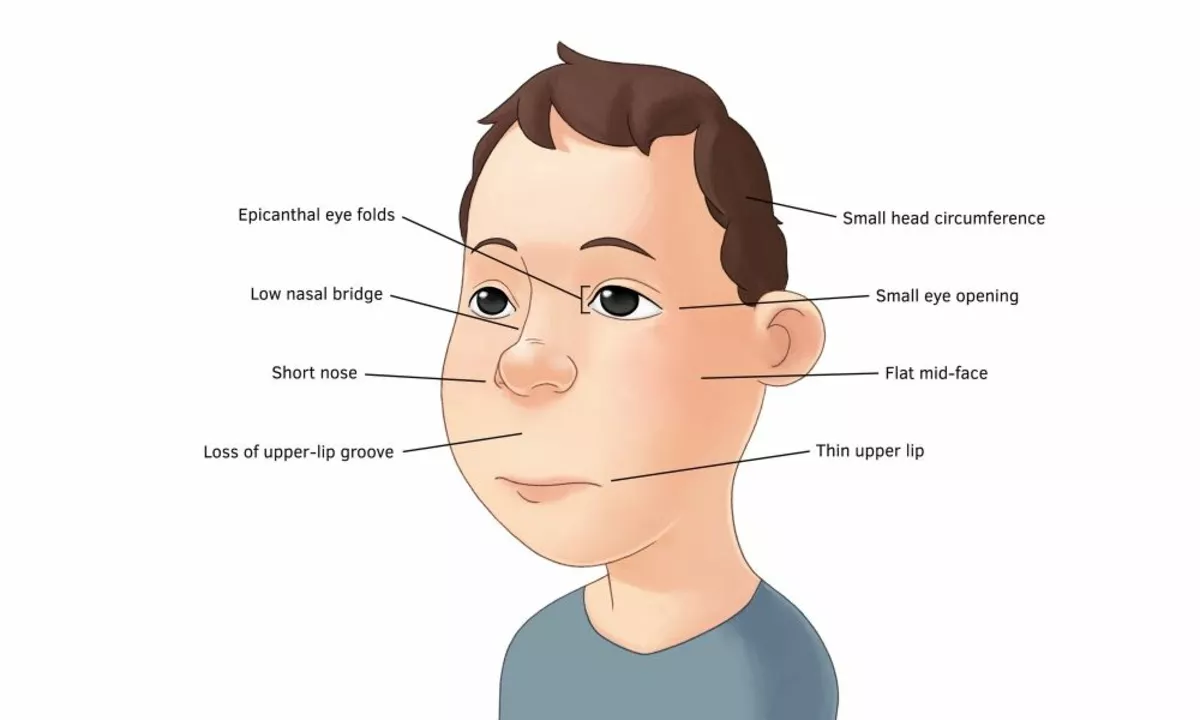Alcohol Dependence Syndrome: What It Is and How to Treat It
If you find yourself reaching for a drink more often than you’d like, or you feel uncomfortable when you stop, you might be dealing with alcohol dependence syndrome. It’s not just a habit – it’s a medical condition where your brain and body have become used to alcohol’s effects. This page breaks down the basics, shows how to spot the problem early, and points you toward real help.
Spotting the Signs
The first clue is drinking more than you planned or being unable to cut back. You might notice cravings that feel urgent, or you start hiding how much you drink. Physical signs include shaking, sweating, or nausea when you try to quit. Mood changes are common too – irritability, anxiety, or depression can show up when alcohol isn’t around.
Long‑term use brings bigger risks: liver damage, high blood pressure, memory issues, and trouble at work or home. If friends or family comment on your drinking, that’s often a red flag they’ve seen before.
Getting Help – Treatment Options
The good news is that several proven ways can help you break the cycle. Medical detox gives your body a safe start under doctor supervision. After detox, medication like disulfiram (brand name Antabuse) creates an unpleasant reaction if you drink, which discourages relapse.
Our detailed Antabuse guide walks you through how it works, side effects to watch for, and the dosage most doctors recommend. If medication isn’t right for you, other drugs such as naltrexone or acamprosate can reduce cravings without the strong reaction Antabuse causes.
Therapy matters just as much as pills. Cognitive‑behavioral therapy (CBT) teaches new coping skills and helps you change thinking patterns that trigger drinking. Group support, whether it’s an online forum or a local 12‑step meeting, gives you people who get what you’re going through.
Making everyday changes supports recovery too. Keep non‑alcoholic drinks handy, plan activities that don’t revolve around bars, and let trusted friends know you’re trying to stay sober so they can back you up.
If you’re ready to start, talk to a doctor or a licensed counselor. They can run a quick assessment, explain which treatment fits your situation, and set up a plan that combines medication, counseling, and support groups. Remember, asking for help isn’t a sign of weakness – it’s the first step toward getting control back.
Feeling stuck? Check out our other articles on related topics like “How to Spot a Legit Online Pharmacy” or “Safe Steroid Shopping” for tips on staying safe while you sort out your health. You don’t have to face alcohol dependence alone – there are resources and people ready to help you move forward.

Alcohol dependence can be a sensitive issue, but it's important to recognize the signs in a loved one. Pay attention to changes in their behavior, like increased irritability, mood swings, or a lack of interest in activities they once enjoyed. You might also notice physical symptoms, such as weight loss, tremors, or frequent hangovers. If they're constantly prioritizing alcohol over other responsibilities and relationships, it could be a red flag. Remember, it's crucial to approach the situation with empathy and support, as this can be a difficult time for both of you.
Read More